
According to the World Bank, poverty in Ecuador has risen from 35.3 percent of the population in December 2014 to 43.8 percent in June 2019—that means 2 million more people have fallen into poverty, for a total of 7.6 million Ecuadorans living in poverty out of a total population of 17.3 million people. Ecuador is one of the most inequitable societies in the world, according to UNICEF. The richest 20 percent of the population receives almost 50 percent of the national income, while the poorest 20 percent receives only 5 percent.
Close to 20 percent of Ecuador’s population are people of indigenous heritage. For poor, rural and indigenous youth, education provides the best opportunity for finding employment, reducing inequities and breaking the cycle of poverty. Salesian missionaries have been providing education and other social programs for disadvantaged youth across Ecuador for more than 125 years.
Salesian missionaries provide education through the Padre Silvio Broseghini Home, named for its founder. This program was developed in 2001 and provides education to close to 200 youth who participate in a formal school program. Here, youth learn a basic education and then, as they advance, can take courses in vocational trades to learn the skills for future employment.
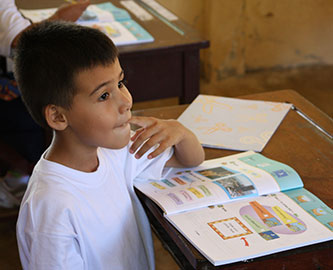
More than 20 years ago, Salesian Father Silvio Broseghini developed the Salesian-run Chankaup Foundation to help educate and provide workforce development services for the Achuar, a group of indigenous people in the Amazon who possess a rich, ancient culture and preserve their environment and community.
Most recently, the foundation developed a program whereby local products found within the forest and vegetation are sourced, cultivated and sold by the villagers to earn an income. The work done by the foundation allows Amazonian families to participate in the global economic market—improving their income without abandoning their cultural and environmental mission.
About 600 families, in 60 communities of the Amazonian region, provide the raw matter for the processing of products. The products that are used include peanuts, cocoa, ginger, curcuma, verbena, achiote, dragon blood and more. The raw materials are first treated, which gives them an added value for trade.
The Salesian Polytechnic University of Guayaquil has a support center and study room for visually impaired students thanks to the support of the Academic Group ASU for Free Software and the TICAD Research Group, which focuses on information technologies and communications to help those with disabilities. The support center provides academic assistance to teachers and students with disabilities, creating accessible documents and teaching materials adapted to the different skills of the people who attend the academic institution.
The study room will provide accessible materials and digital texts that facilitate study thanks to new screen reader software such as JAWS and NVDA. Books, magazines, educational materials and other items in Braille, as well as material for listening such as CD, DVD, movies, stories, texts and books.
In Nov. 2018, the Salesian Polytechnic University Guayaquil campus inaugurated a new building complete with modern laboratories used for automotive, mechatronics, electronics and automation, electrotechnics, telecommunications and information technology courses. The new 7,500 square meter building has seven floors and is connected to an existing building by an innovative bridge.
Salesian missionaries operate a youth hostel and school for disadvantaged youth in Wasakentsa, an area in the city of Macas in southeastern Ecuador. The Salesian community currently provides housing for 40 boys and girls who attend the local Salesian school, which educates 120 students.
The school works in tandem with the Salesian-run Chankaup Foundation, which helps educate and provide workforce development services for the Achuar, a group of indigenous people in the Amazon who possess a rich, ancient culture and preserve their environment and community. The foundation is also based out of the Wasakentsa community and is facilitated by Salesian missionaries and lay volunteers committed to working with this native population.
The Salesian Polytechnic University started in 1994 and has campuses in Cuenca, Guayaquil and Quito, and provides educational programs in biology, social science and human behavior, education, science and technology, animal science, literature, administration and finance, and religion. Students attending the university often focus their studies beyond the classroom by taking part in hands-on research and job training in addition to traditional coursework.
The Salesian Foundation, Chicos de la Calle, located in Quito, Ecuador’s capital city, has rehabilitated more than 2,300 street children through its Acción Guambras project. Street educators who engage in outreach efforts to locate street children focus their efforts within the capital city as well as the surrounding cities of Ambato, San Lorenzo, Esmeraldas and Santo Domingo, all known to have high populations of homeless youth.
With a knowledge of the local communities and the most disadvantaged sections of the cities, street educators aim to develop a sense of trust with the street children they reach out to. The process of first meeting children and then formally bringing them into the program is often slow and arduous. Often, migrant populations include child workers come into urban city centers during the Christmas and New Year holiday season for only two weeks to a month at a time and then disappear. The street educators must work to build trust with both the young people and their families in order for the program to be successful.
Once trust is established, street educators invite youth to participate in the program, which provides education and social development services while meeting basic needs such as housing, food, clothing and school supplies. Participants are also offered tutoring and assistance reintegrating back into school.
The Salesian Polytechnic University which started in 1994 and has campuses in Cuenca, Guayaquil and Quito provides education to more than 35 indigenous students, many of whom are women. These students are taking degree coursework in communications, biotechnology, management and leadership, and psychology.
The Salesian Polytechnic University provides educational programs in biology, social science and human behavior, education, science and technology, animal science, literature, administration and finance, and religion. Many students attending the university take part in hands-on research and job training in addition to traditional coursework. In addition to offering classroom lessons, the University has become a place for the meeting of cultures and the exchange of knowledge for both students and teachers. It offers real opportunities for education and progress for disadvantaged youth coming from indigenous communities.
In addition, Salesian missionaries with the Salesian Family of Salinas Foundation launched a new project “Strengthening the production chain of aromatic plants” in the indigenous community of Salinas de Guaranda. The project has been possible with the support of Solidarity Don Bosco, a Spanish Salesian organization, and the Andalusian Agency for International Development Cooperation.
The project includes a production plant facility and workshops that focus on wool, cheese and chocolate processing as well as production of essential oils and herbal teas. More than 200 women from the Salinas and Simiatug communities work in a garden to prepare the plants for production. They have been trained by specialists on the best methods to grow and cultivate these plants.
The women have organized themselves to collectively transport what they produce and bring it to the processing plant. There, a fair price is paid for the plants harvested and cleaned to proceed to the processing chain, which ends with the creation of herbal teas, tea bags, medicinal creams, essential oils and cosmetics.
Salesian missionaries responded immediately to those affected by the 7.8 earthquake that killed 660 and left tens of thousands homeless in Ecuador. The earthquake, which struck on April 16, 2016 destroyed water systems, collapsed roads, and affected 33 health centers—half of which are still not operational. The hardest hit areas are in the Manabi Province which includes the cities of Manta, Portoviejo and Pedernales.
Immediately after the earthquake struck, Salesian missionaries living and working in the area began helping to dig through rubble to look for trapped survivors and provide assistance to those affected. Salesian programs across the country collected emergency aid and coordinated volunteer efforts. At the end of April 2016, Salesian missionaries had put a plan into place to assist more than 42,000 affected by the earthquake.
In February 2020, Salesian missionaries, led by Father Agustin Togo, launched the Yankuam Jintia Soccer School for indigenous Achuar communities. The school is located in the community of Wichimi and aims to educate children and older youth with technical skills of the game but also ensure that the values of soccer and practice are instilled in their lives. Fr. Togo chose “From talent to vocation” as the school’s motto to reinforce that children will learn and find their path in life.
An agreement between the Salesians and the local community ensures the care of the provided equipment, collaboration in the planned activities, and the commitment of the community to carry out teaching civic, spiritual and cultural values that are part of the soccer school.
At the start of the new school year, the Salesian Foundation provided 921 children new backpacks filled with school supplies to support them in their education. Before the backpacks were presented there was a summary of school support activities carried out in the past year by the Salesian Foundation and the students it supported. In Quito, 986 students benefited from the foundation’s activities with 835 of these students successfully completing the previous school year. In addition, 93 students left school for various reasons while 49 will have to repeat the same grade this year.
The Salesian Foundation offers a diverse array of programs and services for local youth—both those living on the streets and those living in poverty with their families. The aim is always to support youth to stay in school and gain an education. The educational material provided in the backpacks allows students to be ready for the new school year with all the supplies they will need including notebooks, pens, paper and other educational materials. From early in the morning through the afternoon, hundreds of children and older youth arrived at the foundation’s campus, accompanied by their families and teachers.
The Salesian Province of Ecuador, in collaboration with Don Bosco Mission and Salesian Polytechnic University, launched the campaign “Donate your computer” to provide technology tools to the vulnerable populations in 12 cities across the country. This campaign is looking for a broad range of technology including tablets, laptops, PCs, keyboards, mice, screens, speakers, and electrical cables. The initial goal of the campaign is to provide 500 technological tools so that children and older youth can attend virtual lessons, continue to digitally meet their classmates, do their homework and maintain hope for a better world through education.
The Salesian medical clinic in Mitad del Mundo has given new life to a young girl who has a serious medical condition. Today, Nataly is 19 and going to the Salesian clinic for rehabilitation and has begun to walk better and without pain. She’s even started running and feels safer and more stable. Moreover, the therapy has helped her to be able to better connect with her peers because she is more mobile.
In 2017, Nataly’s aunt took her to the Salesian clinic in Mitad del Mundo. There she had an x-ray and met with a traumatologist. She had a tumor on her left leg and had to undergo surgery. The family struggled with the funding for the surgery but Salesian missionaries helped with that as well. She had the surgery and then started rehabilitation at the Salesian clinic. She grew stronger and stronger each day. Today, Nataly credits and thanks Salesian missionaries for the help they offered her to start a new life.
After a 2016 7.8 earthquake killed 673 and left tens of thousands homeless in Ecuador, Salesian missionaries living and working in the area have been helping rebuild their own structures and those in the community who have been affected. They are also working to ensure that no child is left without an education. The earthquake, which struck on April 16, destroyed water systems, collapsed roads and affected 33 health centers. In addition, 560 schools and close to 10,000 buildings were either damaged or completely destroyed.
Even while helping those in the community, Salesian missionaries needed to address their own programs that were affected. In the Tarqui area of Manta, the San José Salesian Education Center had buildings that were damaged. The oldest building of the school and the parish church were so badly damaged that they had to be demolished. Salesian missionaries had to rebuild these buildings and repair other buildings in the educational complex. In addition, to ensure the quality of the education provided, Salesian missionaries made several adjustments to the infrastructure and services to make it more accessible and safe for the students and teachers. A septic tank was built for the treatment of waste water, and new desks, blackboards, projectors and other teaching and audio-visual materials were purchased.
From Ecuador

From Ecuador
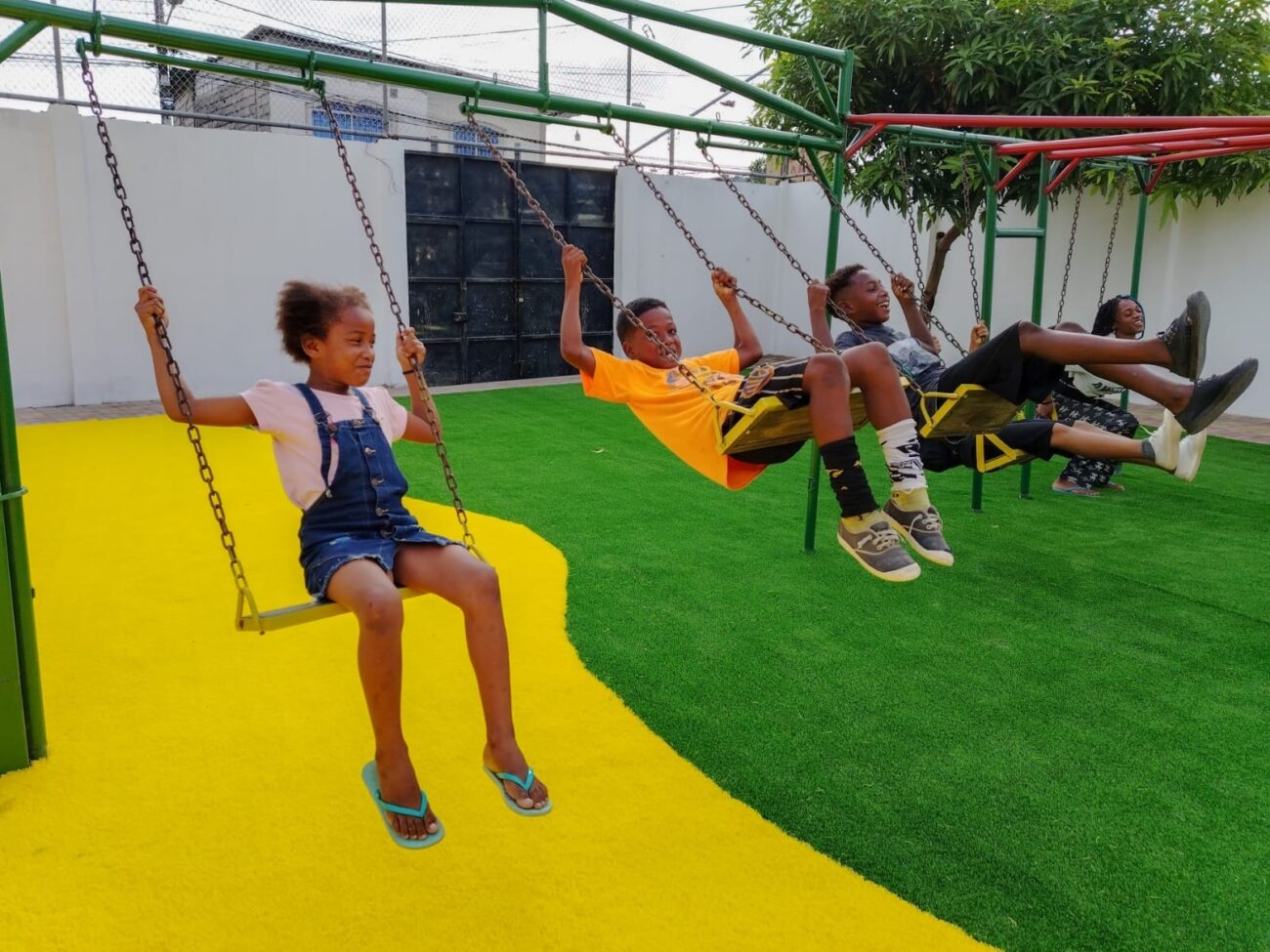
2025 theme ‘Act Now for a Peaceful World’ encourages concrete action. NEW ROCHELLE, NY (Sept 21, 2025) Top of FormSalesian Missions, the U.S. development arm of the Salesians of Don Bosco, joins humanitarian organizations and
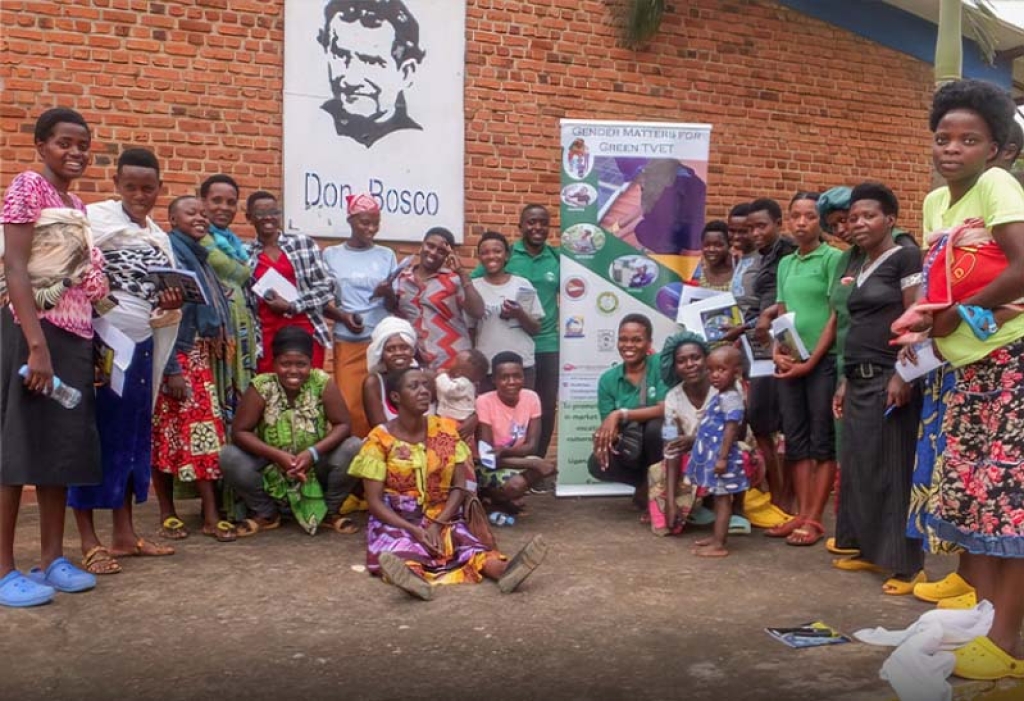
Salesian programs focus on youth and their families. NEW ROCHELLE, NY (June 1, 2025) Salesian Missions, the U.S. development arm of the Salesians of Don Bosco, joins humanitarian organizations and the international community in ce
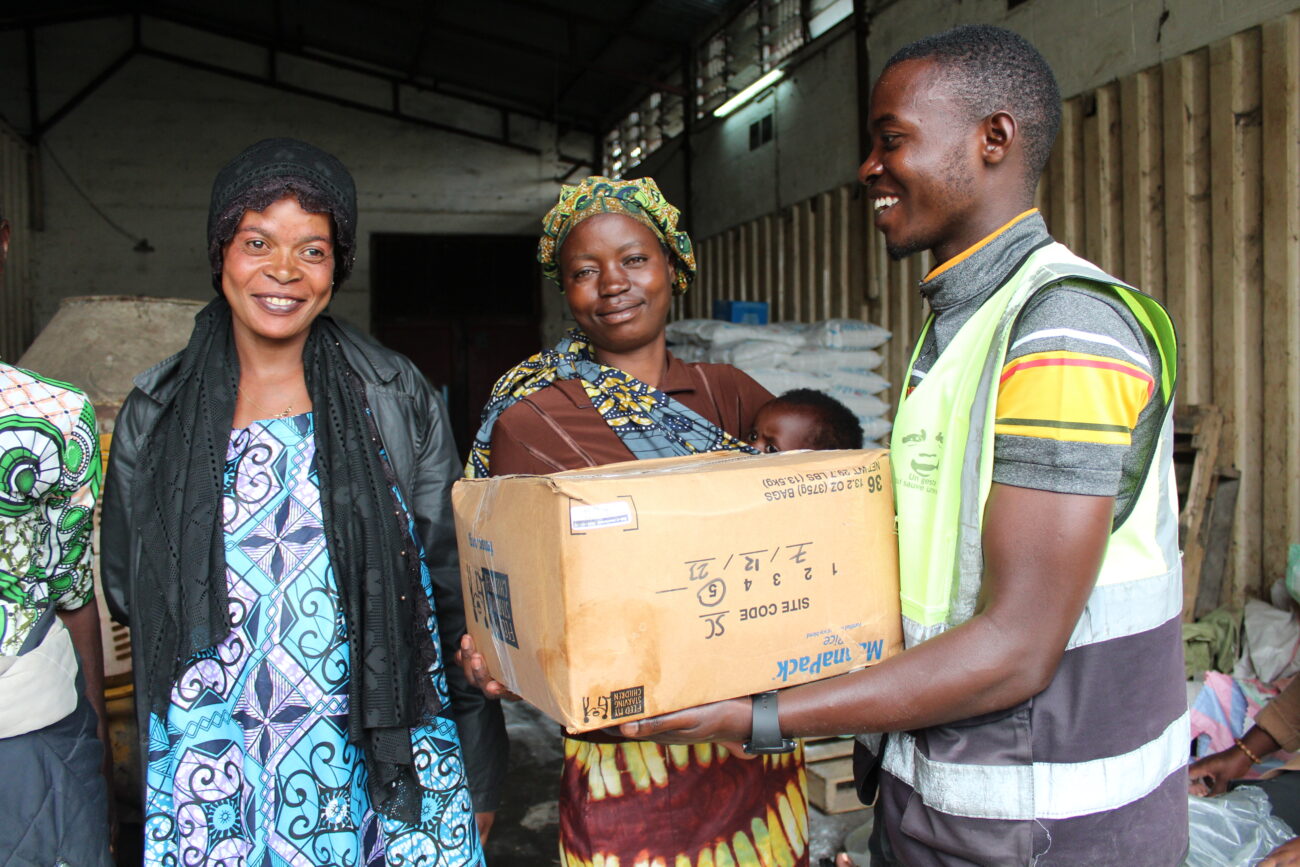
2025 is 30th anniversary of observance day. NEW ROCHELLE, NY (May 15, 2025) Salesian Missions, the U.S. development arm of the Salesians of Don Bosco, joins humanitarian and other international organizations in honoring the Intern
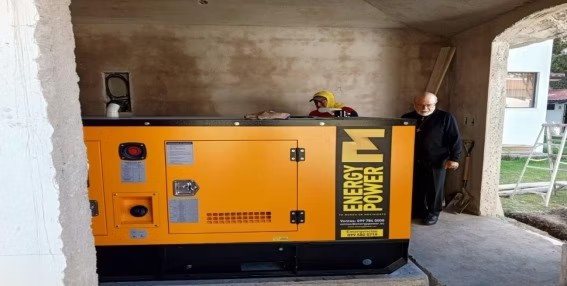
Center has 5 Salesian specialists and researchers. NEW ROCHELLE, NY (March 31, 2025) The Salesian Center for Ongoing Formation America in Ecuador has a new generator thanks to funding from Salesian Missions, the U.S. development a
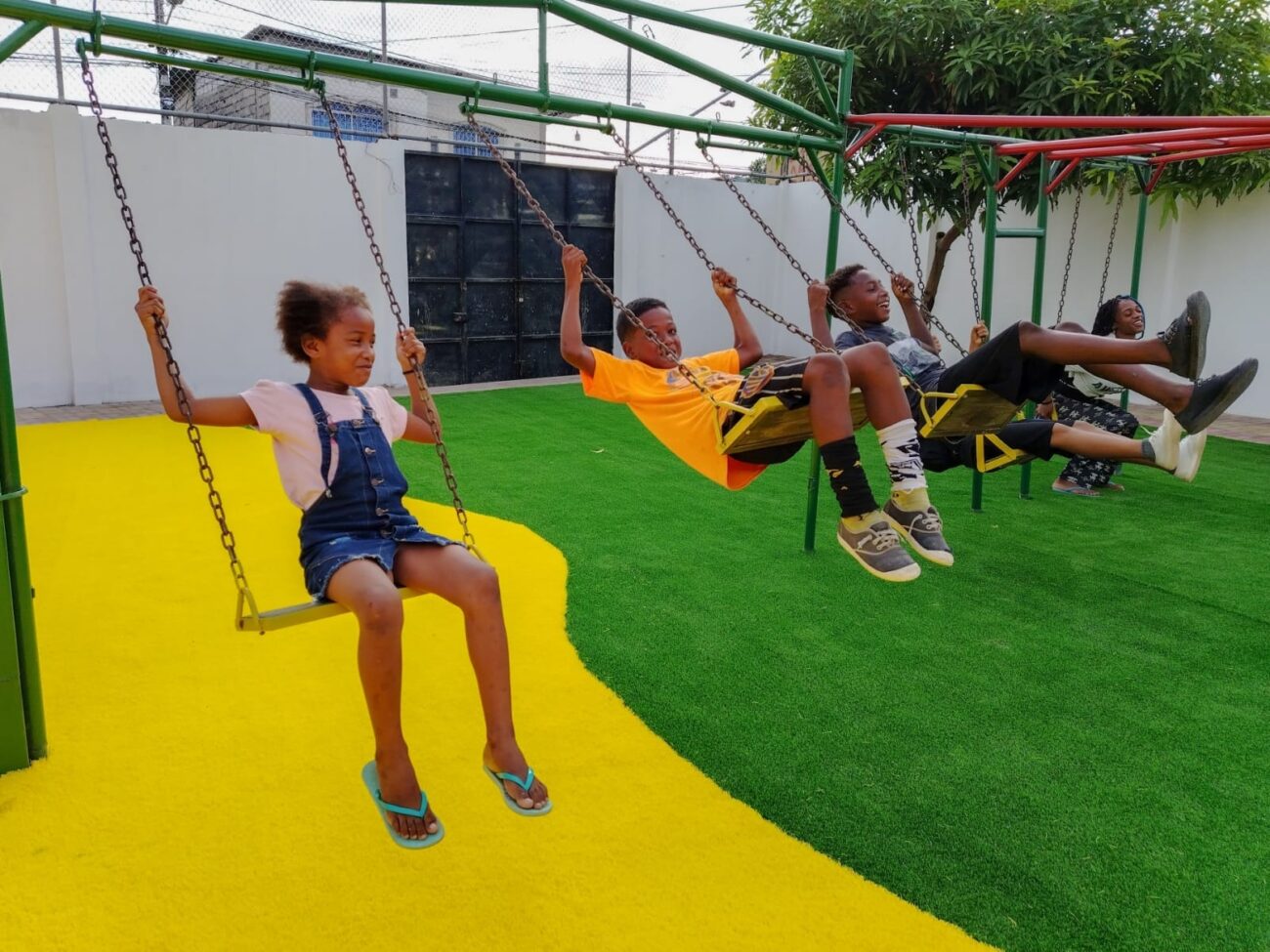
Salesians around the globe work to ensure youth can live more fulfilled lives. NEW ROCHELLE, NY (March 20, 2025) Salesian Missions, the U.S. development arm of the Salesians of Don Bosco, joins humanitarian organizations and count
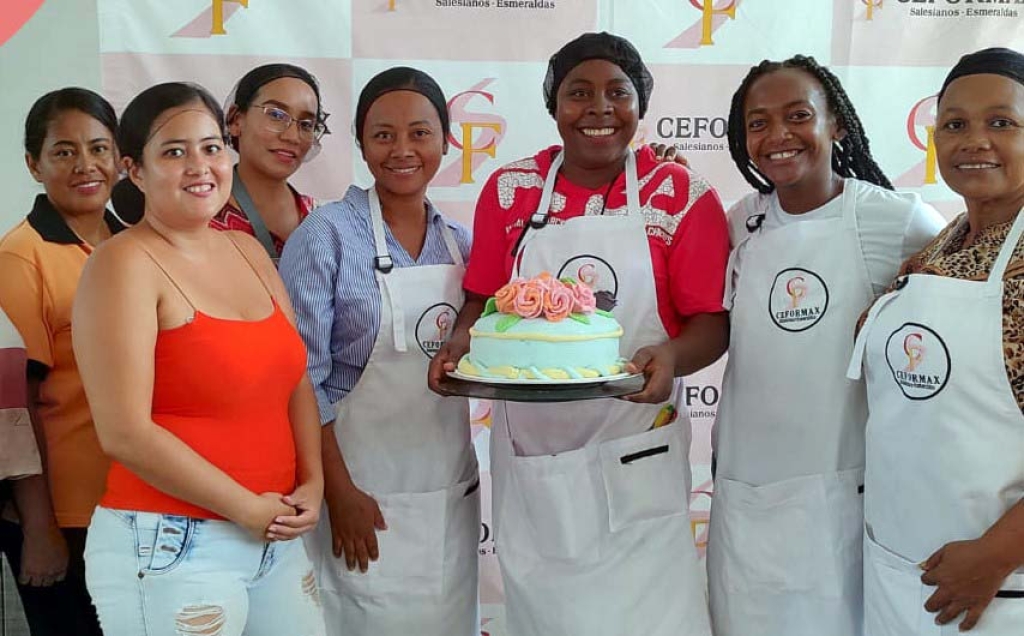
Targeted programs provide opportunities for education and training. NEW ROCHELLE, NY (March 8, 2025) Salesian Missions, the U.S. development arm of the Salesians of Don Bosco, joins humanitarian organizations and countries aroun

Salesian missionaries offer more than 150 medical clinics and hospitals in mostly rural areas. NEW ROCHELLE, NY (Feb. 11, 2025) Salesian Missions, the U.S. development arm of the Salesians of Don Bosco, joins Catholic organizati
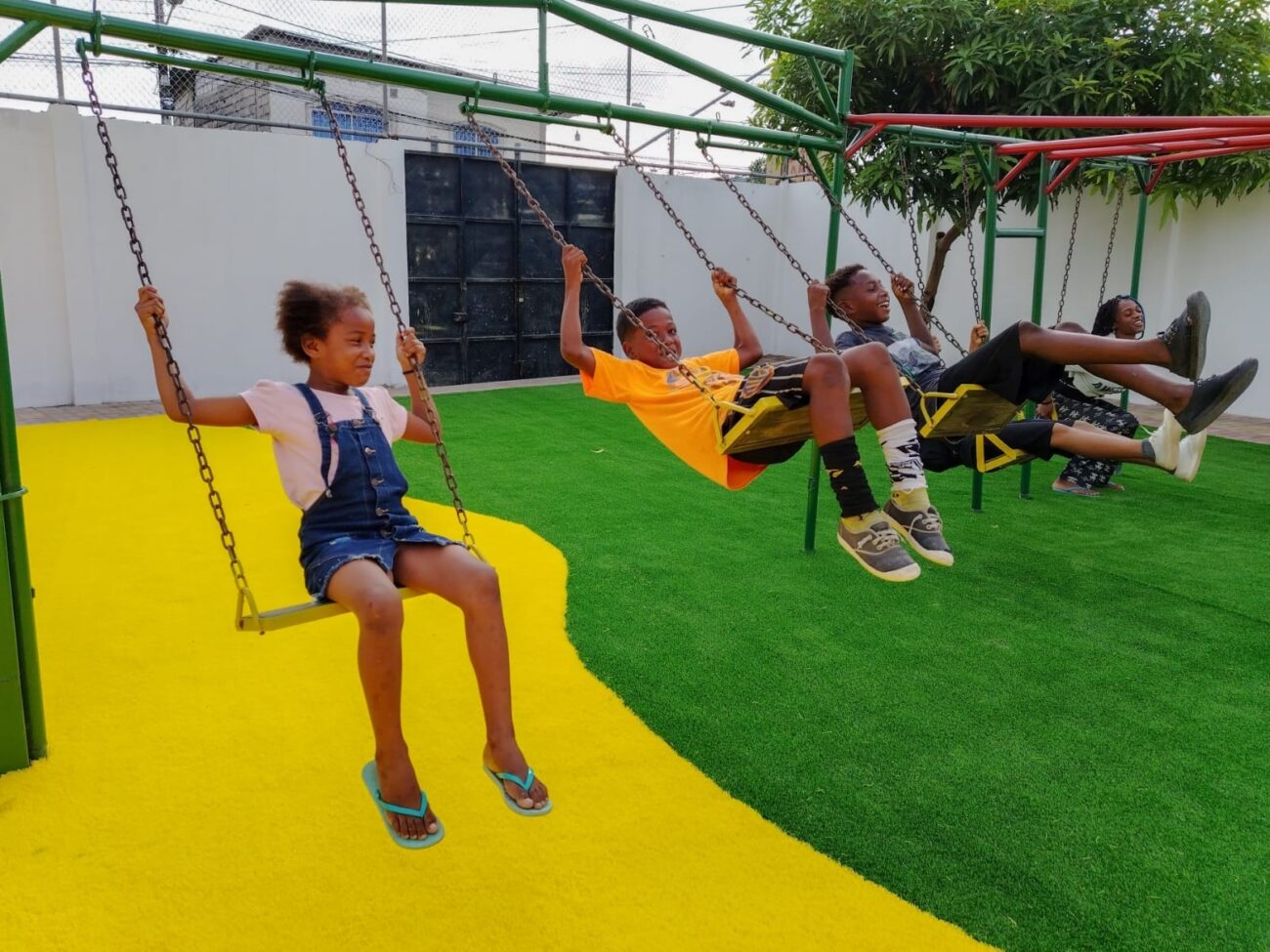
Programs address social and economic needs of youth. NEW ROCHELLE, NY (Jan. 1, 2025) Salesian Missions, the U.S. development arm of the Salesians of Don Bosco, joins Catholic organizations around the globe in honoring the Catholic
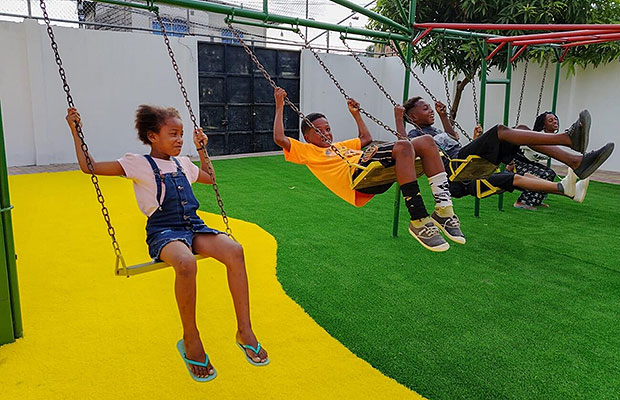
Imagine a place of comfort amidst a nation plagued by fear and unrest … a place where children can go and engage in fun activities in a safe environment with their friends. A place where they can escape the burdens of poverty an
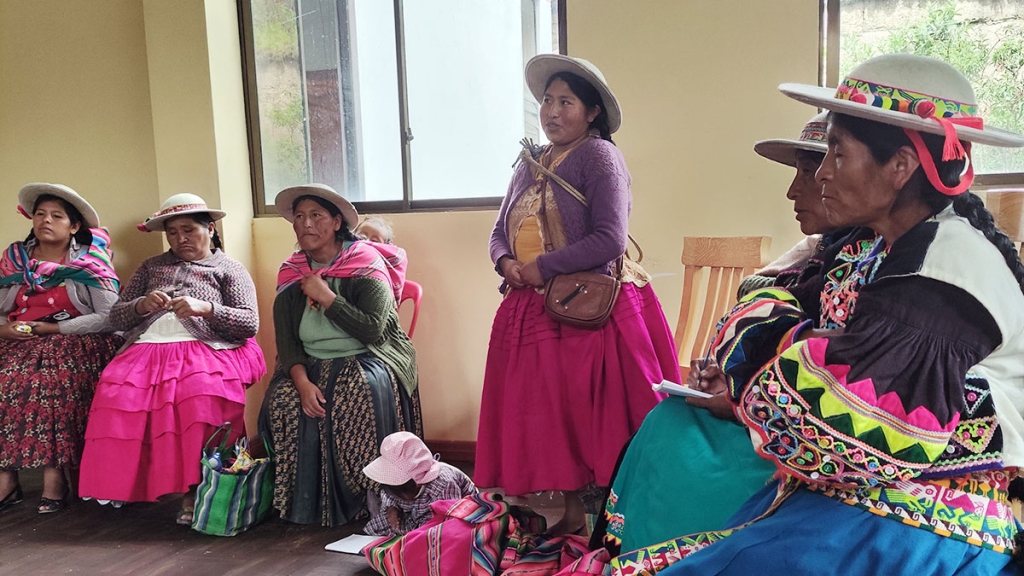
Programs strive to empower young women and girls by providing education and training. NEW ROCHELLE, NY (Oct. 15, 2024) Salesian Missions, the U.S. development arm of the Salesians of Don Bosco, joins humanitarian organizations and
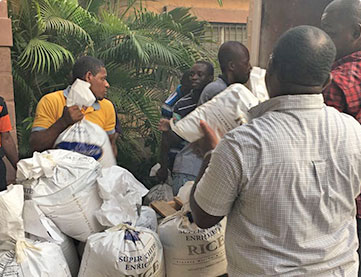
Salesian Missions includes agriculture in its vocational training programs – to ensure that youth of Rwanda learn better agricultural practices as well as keep the school self-sustaining in the face of the country’s food shortages.
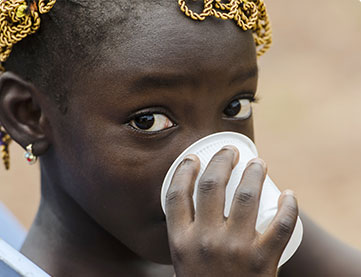
Salesian Missions includes agriculture in its vocational training programs – to ensure that youth of Rwanda learn better agricultural practices as well as keep the school self-sustaining in the face of the country’s food shortages.
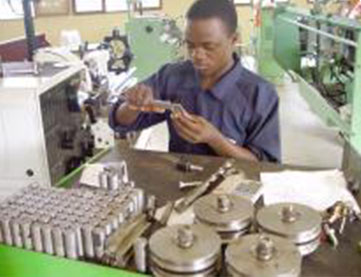
Salesian Missions includes agriculture in its vocational training programs – to ensure that youth of Rwanda learn better agricultural practices as well as keep the school self-sustaining in the face of the country’s food shortages.